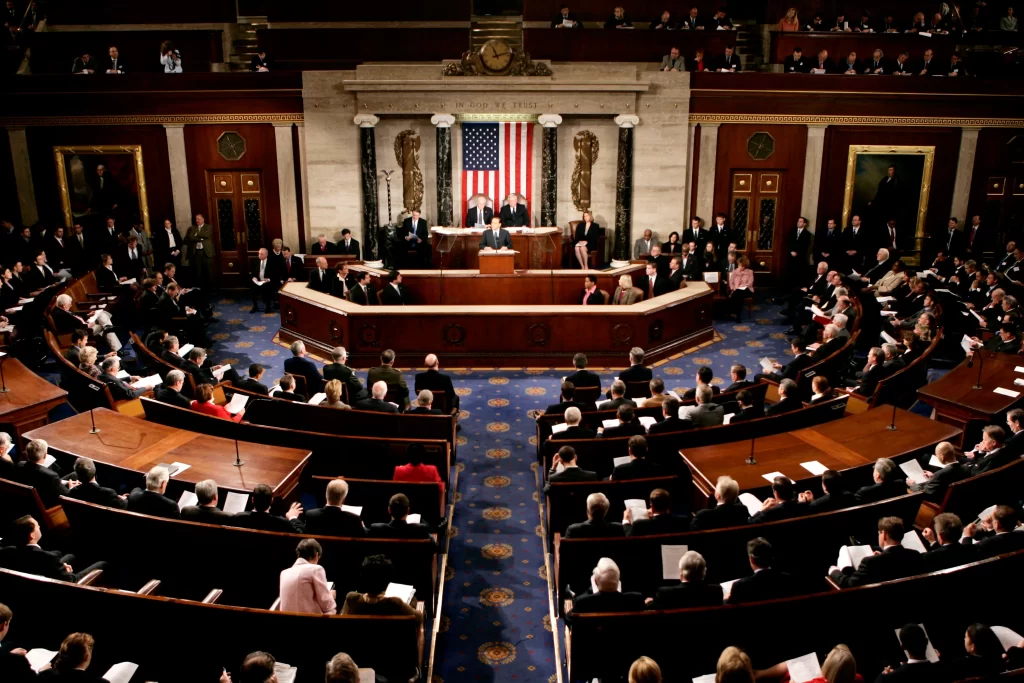Donald Trump’s sweeping new legislation — dubbed the “big beautiful bill” — has ignited controversy, particularly over a little-noticed change in gambling tax policy.
Tucked into the sprawling 900-page bill is a provision that requires gamblers to pay taxes on 10% of their losses, effectively reducing the deductibility of gambling losses from 100% to 90%.
While winnings remain untaxed, the change has alarmed high-stakes gamblers and several lawmakers.
Gamblers Could Face Net Losses After Taxes
The policy tweak could severely impact professional gamblers and anyone betting large sums.
Because the IRS typically allows gamblers to deduct their losses from winnings when filing taxes, any reduction in that deduction directly cuts into profits.
In some scenarios, it could even mean a gambler ends the year with a net loss — despite winning more than they lost overall.
Lawmakers Say Clause Was Hidden in Plain Sight
Democratic Senator Catherine Cortez Masto, along with Nevada Representative Dina Titus, has led an effort to repeal the provision.
“My understanding is many Republicans, many Democrats did not even know it was part of that process,” Masto said.
Titus added, “My Fair Bet Act would rightfully restore the full deduction for losses so gamblers don’t pay taxes on money they haven’t won.”
Bill Passed Without Broad GOP Support
Though Republicans authored the legislation, it faced united Democratic opposition and still barely passed.
Three Republicans voted against it, and several others have expressed regret upon learning of the gambling provision.
Senator Ron Wyden commented, “Now I see Republican senators walking all over the Capitol saying they didn’t even know anything about this policy.”
Pushback Builds Ahead of 2026 Implementation
The new tax rule is scheduled to go into effect in 2026, though opposition is mounting.
Some GOP lawmakers have hinted they might support a reversal if Democrats offer concessions on unrelated matters.
While the law remains intact for now, its future is uncertain amid growing bipartisan unease.
Conclusion
The surprise inclusion of a gambling tax amendment in Trump’s massive tax and spending bill has triggered outrage from both politicians and professional gamblers.
As dissent builds and lawmakers scramble to undo the change, all eyes are now on 2026 — and whether the policy will survive that long.
